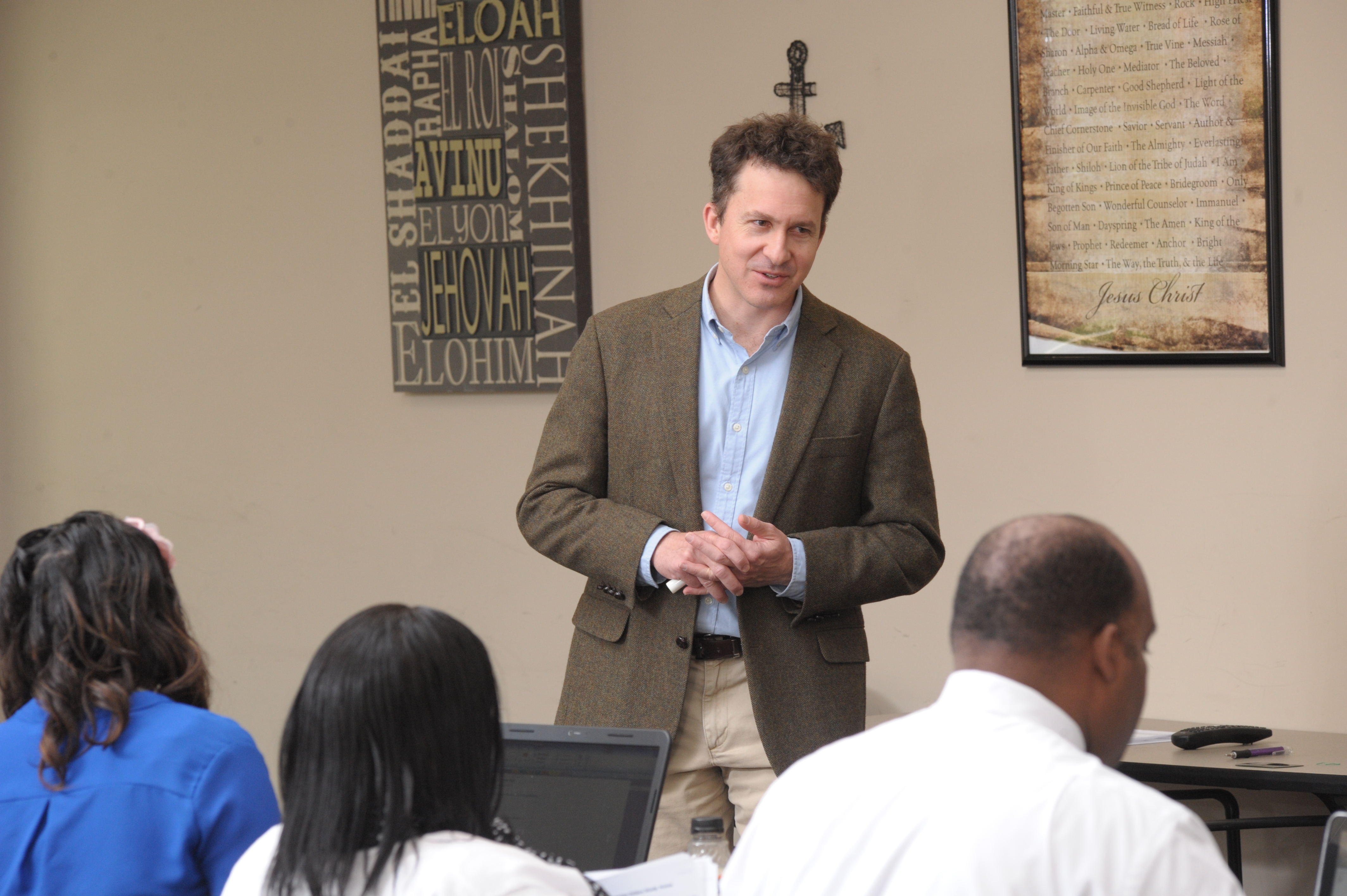
![]() By Trevor Eppehimer, Ph.D.
By Trevor Eppehimer, Ph.D.
“Social relevance” serves as a holy grail for those whose careers depend on the ability to identify current patterns of thinking and spot contemporary cultural trends. Success follows, conventional wisdom holds, the politician, recording artist, filmmaker, or company that can locate, commodify and project “social relevance.”
In North America, where persons continue to move increasingly toward secularism — including the millennial generation with its well-documented disinterest in institutionalized religion — the ongoing, anxiety-ridden search for new expressions of the Christian faith and ways of “being church” is well into its third decade.
Over this time, we’ve seen the rise of the Christian hipster movement, pastors who lead worship dressed like twenty-something startup founders or indie-rock devotees, Christian anthems that sound like leftovers from U2’s How to Dismantle an Atomic Bomb recording sessions, and churches “for people who don’t like church” — all generated by the desire to capture and project social relevance. At Hood Theological Seminary (HTS), located in Salisbury, NC, students learn that the best and most faithful path to the socially relevant Christian ministries and missions of tomorrow is through present participation in God’s coming reign of justice for the creation — a reign that began with the life, death and resurrection of Christ and still awaits its final, definitive establishment “on earth as it is in heaven.”
HTS believes that churches find their identities through justice-based mission — mission that reflects and participates in God’s mission to liberate the creation from its bondage to decay. Founded and sponsored by the African Methodist Episcopal Zion (AME Zion) Church, a denomination forged by its assertion of the dignity of persons of African descent in the face of white racist oppression and its belief that God calls all persons forward into the new humanity made possible through Christ, Hood Theological Seminary’s degree programs and curricula bear the marks of this church’s historic determination to proclaim the good news of Christ in the face of human resistance to it.
In fall 2017, for instance, HTS launched a new specialization in its growing Doctor of Ministry degree program in “Community Advocacy and Social Justice,” a specialization that provides “advanced theological training for persons committed to social justice ministry and political advocacy” and “equips persons with practical tools for mobilizing Christian congregations for social justice work.”
A distinctive feature of the program is its push for students “to develop deep biblical and theological rationales for social justice initiatives.”
This is in place to minimize the chance that these initiatives will end up just baptizing existing political realities and strategies. HTS wants its students instead to develop the theological imaginations required to mobilize churches for justice in ways that reflect the God whose thoughts are not our thoughts and whose ways are not our ways. The goal, in other words, is to seek justice in ways that will transfigure the existing political landscape rather than conform to it.
In an effort to tap into the consumer spending power of the millennial generation, recent market research points to “authenticity” as the key to reaching this particular demographic. Practicing millennial Christians have also identified authenticity as what is missing from recent church attempts to make the faith “relevant” to their generation.
But what if today’s churches and pastors found ways to be authentic that did not reek of yet another cynical ploy to increase attendance and tithing?
What if today’s church leaders could stop worrying about “marketing” themselves to the un-churched in their surrounding communities and instead allow their churches’ justice-based mission work to do that work for them?
And, most importantly, wouldn’t it be cause for celebration if that same work opened up windows for others onto the One who does not have to prove, market, or demonstrate relevance as the One in whom all of us live and move and have our being?
A church so mobilized, so constituted would then be free from the burden of having to come up with new ways to be relevant. It would find relevance by simply being itself.
Trevor Eppehimer, Ph.D., is Academic Dean and Associate Professor of Systematic Theology at Hood Theological Seminary (HTS). He joined the HTS faculty in 2007 after receiving his Ph.D. in 2006 from Union Theological Seminary in New York, where he served as a teaching assistant for seminal black liberation theologian James Cone and taught courses in philosophical theology. Eppehimer holds a M.Div. from Yale Divinity School and a B.A. from St. Olaf College.


